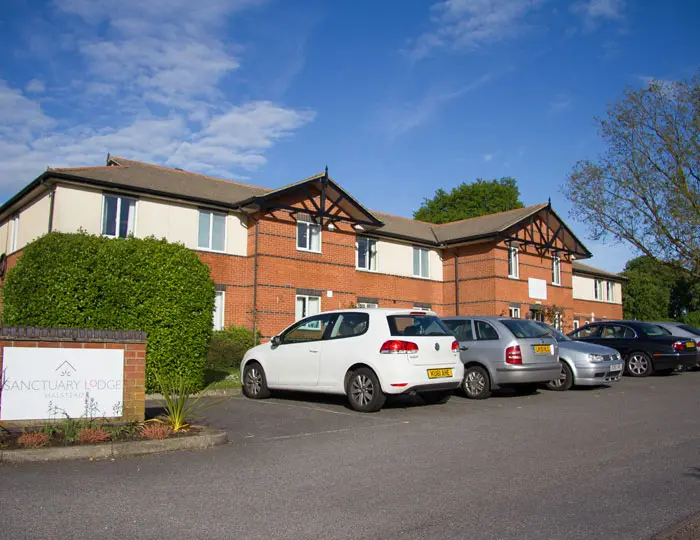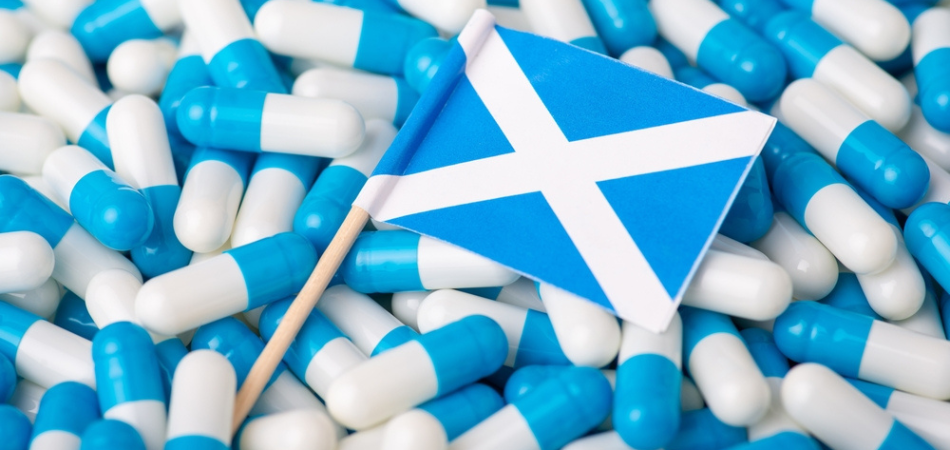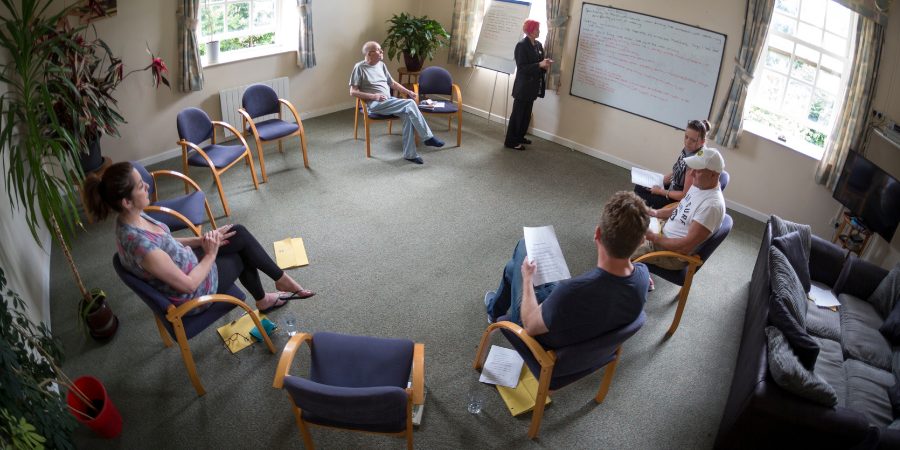
Written by:

Medically Reviewed by:
Last Updated:
October 13th, 2025
Rehab Treatment
What is rehab?
Rehab treatment is a crucial step in the UKAT treatment pathway.
If you heard someone needs rehab, your first thought might be very different depending on the situation. For one person, it could mean physiotherapy after an accident, for another, it might mean speech rehab after illness. The word itself is simply short for rehabilitation, a process designed to restore strength or stability in an area of life that has been disrupted.
Rehab of any kind always shares the same underlying principle: focused, personalised support that helps someone move from a place of difficulty toward recovery.
At UKAT, our focus is on addiction rehab, where we provide specialised treatment for people struggling with drugs, alcohol or behavioural dependencies. Here, rehabilitation means addressing both the immediate effects of addiction and the deeper issues that fuel it, so recovery becomes possible.
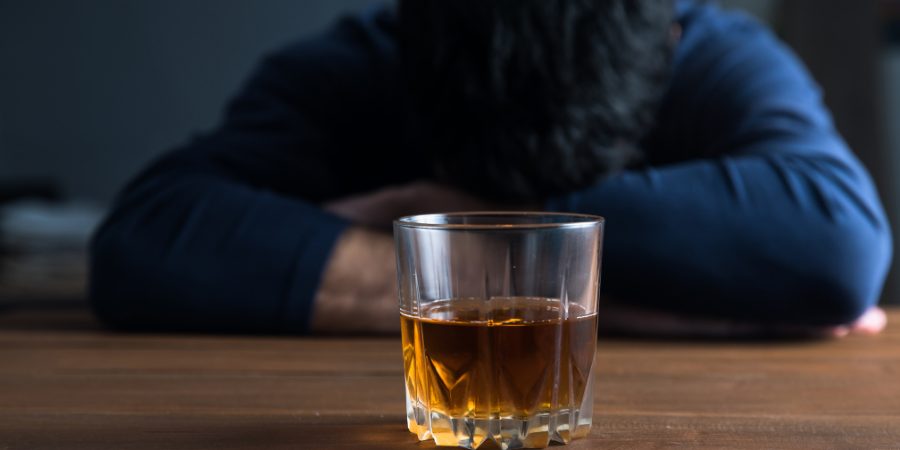
What rehab isn’t
Before going any further, it’s only right to stop and deal with the common misconceptions that surround rehab. These are easy to believe because they are repeated so often, whether it’s on TV, in films or through stories passed around without question. Over time, they harden into supposed truths, which can leave you second-guessing whether rehab is really for you. That hesitation can be enough to hold you back, so it’s worth clearing them up now.
When is it time to consider rehab treatment?
If you’ve been using substances or caught in an addictive behaviour, there isn’t a neat calendar that tells you when help is due. Addiction is dangerous in every form, and waiting for the perfect moment rarely makes sense. The truth is that if you already feel you need help to stop, then rehab has moved from an option to a necessity.
The difficulty is that recognising the need for treatment is not always straightforward. If addiction simply followed the pattern of doing the behaviour, noticing the damage and seeking support, recovery would be far less complicated. The cycle is broken because addiction has a way of hiding its grip, keeping you from seeing the full picture until much later.
If you’re unsure of where you stand, the questions below may offer some clarity.
- Have you tried to cut down or stop before, only to find yourself returning to the same behaviour?
- Do you feel anxious or unwell when you cannot access the substance or behaviour?
- Has your health, work or relationships begun to suffer because of your use or actions?
- Do you find yourself hiding or lying about the extent of your use or behaviour?
- Has tolerance built up, meaning you need more of the substance or behaviour to feel the same effect?
- Do you continue despite knowing the risks or experiencing serious consequences?
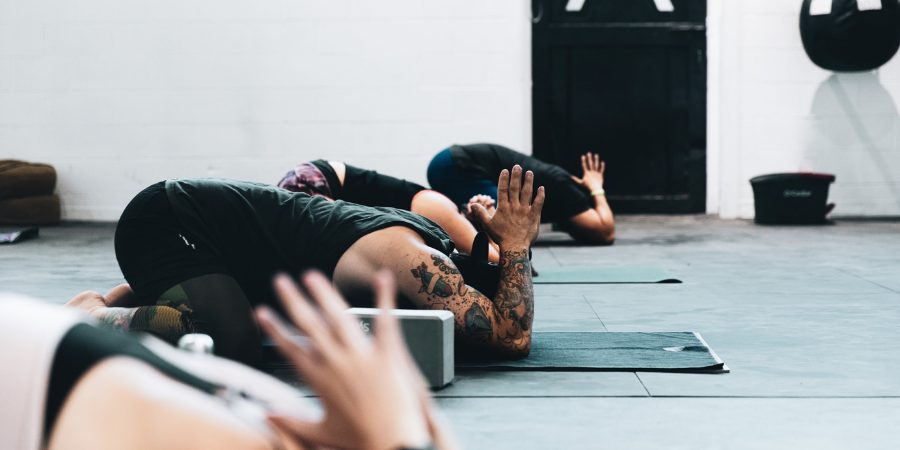
If you answered yes to one or more of these, it does not serve as an official diagnosis, but it is a clear sign that help should be sought. Addiction wears many faces, from substances to behaviours that are not always obvious at first glance. That is why understanding the wide range of rehab programmes available is so important, because the support you need is out there, ready to be shaped around your situation.
What types of rehab treatments are available at UKAT?
A one-size-fits-all approach to addiction has never worked, because recovery is too complex to be squeezed into a single mould. Every person arrives with different struggles and a different relationship with substances or behaviours. Trying to work out which treatment is right for you while also living with addiction is exhausting, so we’ve mapped out the options, leaving you free to put your energy into the part that matters most: recovery.
Here are the different types of rehab treatments we have available:

Alcohol Rehab
Alcohol rehab helps you step back from harmful drinking and start recovery in a safe space. Programmes cover detox, therapy and relapse prevention, focusing on the physical impact of alcohol and the reasons it became so central in your life. To learn more, click on the button provided below.
Alcohol Rehab
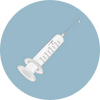
Drug Rehab
Drug rehab supports recovery from dependence on substances such as stimulants, opioids or sedatives. Treatment may involve detox and therapy to explore why drugs became a coping tool, giving you structure and guidance to replace old patterns with healthier choices.
Drug Rehab

Prescription Drugs
Prescription drug rehab focuses on addictions that develop from legitimate medications. Painkillers, sleeping tablets and anti-anxiety drugs can all lead to dependency. This treatment works on reducing reliance while teaching new strategies for balance and stability in everyday life.
Prescription Drug Rehab

Legal High Rehab
Legal high rehab addresses the dangers of synthetic substances that often appear harmless but carry unpredictable risks. The programme helps you stabilise, understand their effects and explore the underlying reasons they became part of your routine.
Legal High Rehab

Behavioural Rehab
Behavioural rehab helps with challenges like gambling, gaming or compulsive habits. Therapy digs into the cycle behind the behaviour and creates new strategies to bring back control, stability and confidence in everyday life.
Behavioural Rehab
How are the rehab treatment programmes structured at UKAT?
At UKAT, rehab treatment is never a quick stop or a single event because recovery does not happen all at once. It moves in stages, with each one feeding into the next, giving you the time to build strength without losing the safety net underneath you. You start at the point where support matters most and as you grow steadier, the pathway shifts with you, always keeping the door open for the next step.
Below, we take a brief look at our rehab treatment flow and how each stage can help your journey to recovery
- Detox support to manage withdrawal safely and reduce discomfort (appplies only to alcohol and drug rehab programmes)
- Therapies such as CBT, DBT, group sessions and one-to-one counselling
- Holistic activities like yoga, art, music and mindfulness to reconnect with yourself
- Personalised care plans built around your history and circumstances
Primary care usually lasts between four and eight weeks but the length is less about the number and more about what those weeks allow you to achieve. They give your body the chance to let go of dependence while your mind begins learning how to stand on its own.
- Relapse prevention work that strengthens the progress you have made
- Guidance on managing stress, emotions and routine in everyday settings
- Practical life skills including budgeting, cooking and job preparation
- Supported housing that provides independence while keeping accountability in place
This stage has no strict time frame, because progress never moves in straight lines. Some people need only a few weeks, while others benefit from staying longer but either way the pace bends to fit your own journey.
- Help with finding stable and secure housing
- Tailored outpatient sessions suited to your needs
- Regular check-ins to keep you connected to support
- Accountability through peer and professional guidance
Here, the balance matters most, because too much control can feel suffocating while too little leaves gaps wide enough for relapse to slip through. Sober living offers the middle ground where independence can be practised without cutting ties to the safety net.
- Therapy sessions and group workshops that maintain continuity
- Relapse prevention check-ins that reinforce your resilience
- Community through alumni meetings, events and peer mentoring
- Long-term contact with people who understand the realities of recovery
Some people take every stage one after the other, while others may step away earlier once they feel prepared but the shape of the pathway always bends to you. At UKAT, treatment is not about reaching an endpoint but about having a guide who continues beside you, giving support for as long as it is needed
Reach out to UKAT today
If you or a loved one is ready to take the step into rehab, we are here to guide you through the process from the very first call. Even if you are not certain yet and only want to better understand where you stand in your relationship with substances or harmful behaviours, speaking to us can bring clarity. Whatever stage you are at, reach out today and let us walk through the next steps with you.
Frequently Asked Questions
- Travelling distance and cost of travel – Especially for those with families or work commitments
- Level of care – Some counties do not have private rehabs or counsellors who are trained in the field of addiction
- Triggers – If staying at home or around your area brings about temptation, seeking treatment in a different area may discourage such triggers
UKAT provides a number of private rehab facilities throughout the UK so if private treatment is a consideration, feel free to get in touch with one of our team so that they can suitably place you.
We always recommend that as part of any long-term recovery programme, attending regular AA (Alcoholic Anonymous) or NA (Narcotic Anonymous) meetings will help you abstain from relapse and help to build long-lasting, meaningful friendships.







